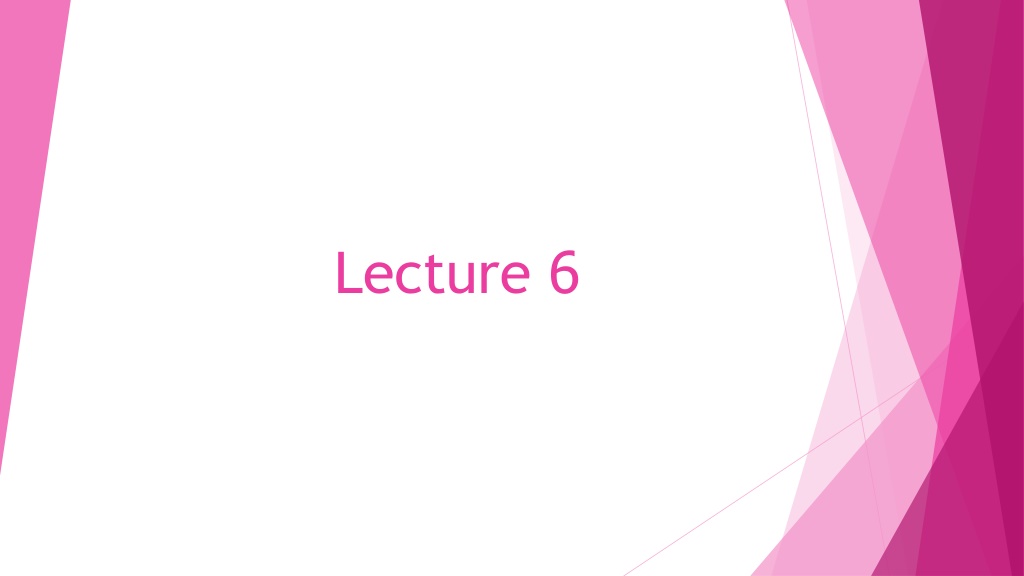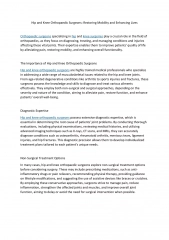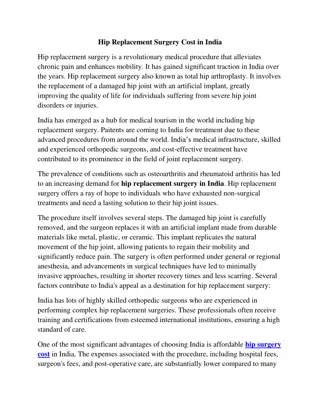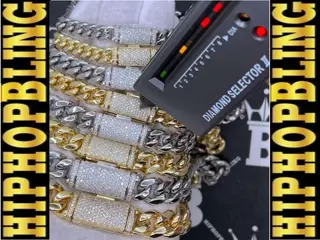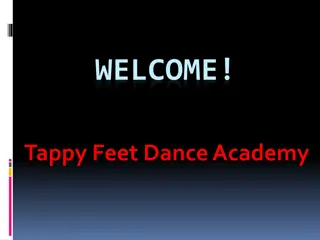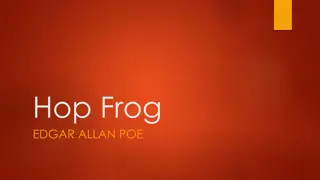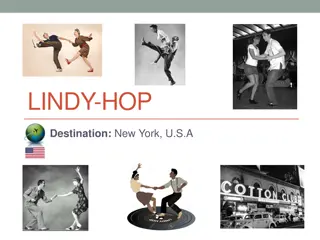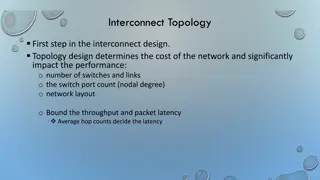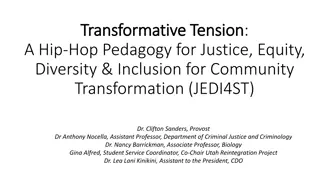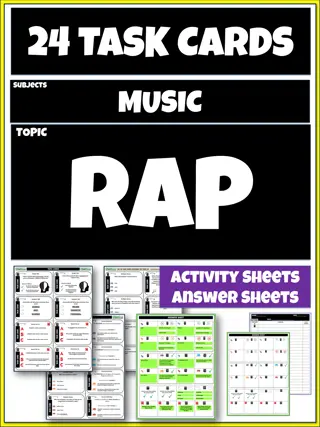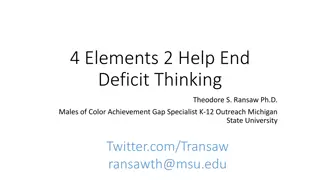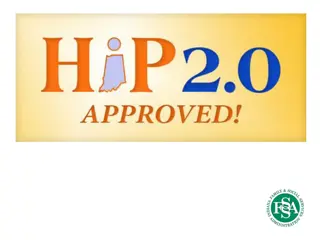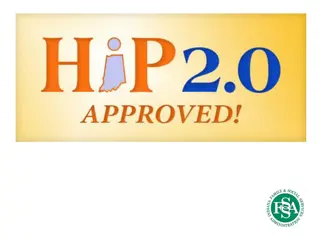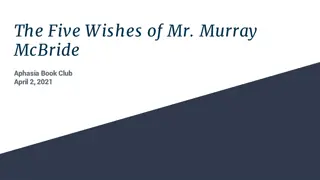Exploring Hip-Hop Culture Through the Eyes of James McBride
Discover the journey of author James McBride as he recounts his first encounter with rap music in Harlem in 1980 and reflects on the profound impact of hip-hop culture on societies worldwide. From the origins of hip-hop in New York City to its evolution into a global phenomenon, McBride delves into the artistry, social messages, and commercialization of rap music, offering insights into the cultural significance and controversies surrounding this influential genre.
Download Presentation

Please find below an Image/Link to download the presentation.
The content on the website is provided AS IS for your information and personal use only. It may not be sold, licensed, or shared on other websites without obtaining consent from the author. Download presentation by click this link. If you encounter any issues during the download, it is possible that the publisher has removed the file from their server.
E N D
Presentation Transcript
Read the article again quickly. Answer the questions. 1 What was the theme of the first rap song the author heard? 2 Aside from music, what are other artistic expressions of hiphop culture? 3 What do the DJs do to create hip-hop s individual sound? 4 What is the appeal of hip-hop to middle-class children? 5 Why does Assane say that rap belongs to his country? 6 What does the author not like about hip-hop music?
Self- study reading text Hip-hop planet By James McBride I first heard rap at a party in Harlem in 1980. It sounded like a broken record. It was a version of an old hit record called Good Times, the same four bars looped over and over. And on top of this loop, a kid chanted a rhyme about how he was the best disc jockey in the world. It was called Rapper s Delight. I thought it was the most ridiculous thing I d ever heard. For the next 26 years, I avoided rap music the way you step over a crack in the pavement. I heard it booming out of cars and alleyways from Paris to Abidjan, but I never listened. In doing so, I missed the most important cultural event in my lifetime. No American music has exploded across the world with such force since swing jazz in the 1930s. This defiant culture of song, graffiti and dance, collectively known as hip-hop, has permeated almost every society.
Hip-hop began in the mid-1970s, in an almost bankrupt New York City. The bored kids of the South Bronx and Harlem came up with a new entertainment. This is how it worked: one guy, the DJ, played records on two turntables. Another guy or girl served as master of ceremonies, or MC. The DJs learnt to move the record back and forth under the needle to create a scratch, or to drop the needle on the record and play a break over and over to keep people dancing. The MCs rapped over the music to keep the party going. One MC sought to out-chat the other. Dance styles were created. Graffiti artists also emphasised the I because the music was all about identity: I am the best.
Initially hip-hop artists produced socially-conscious songs that described life on the other side of the tracks, where people are denied the same opportunities as the rich. The lyrics of Grandmaster Flash s 1982 hit The Message are a perfect example. They describe a child who is born and grows up in the ghetto, hating the world for his situation and all the things that he cannot have.
These days most commercial rappers in America brag about their lives of crime and the things that fame and money have brought them, among which women seem to be just another material possession. For those from poor backgrounds the life of a successful rapper has become an aspiration, for richer suburban kids it is a symbol of something cool.
In poor urban communities around the globe, rap music is a universal expression of outrage at the injustice of the distribution of wealth. Its macho pose has been borrowed from commercial hip-hop in the US, but for most the music represents an old dream: a better life. We want money to help our parents, Assane, a nineteen-year-old budding DJ from Dakar in Senegal tells me. We watch our mothers boil water to cook and have nothing to put in the pot. Rap doesn t belong to American culture, he says. It belongs here. It has always existed here, because of our pain and our hardships and our suffering.
That is why, after 26 years, I have come to embrace this music I tried so hard to ignore. Much of hip-hop, particularly the commercial side, I hate. Yet I love the good of it. Even if some of it embraces violence, hip-hop is a music that exposes the empty moral cupboard that we have left for our children. They can hear it and understand it. The question is: can we?
